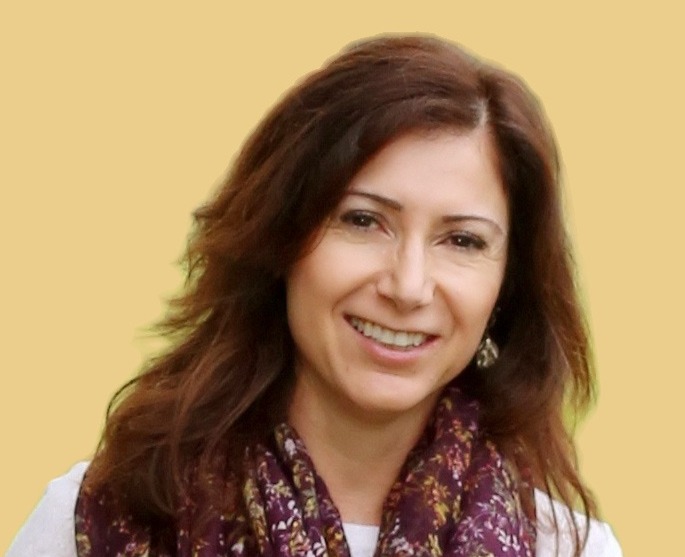NOTHING BUT THE TRUTH: 3 Pleas to the family court judges from protective parents
- Claudia Marquez

- Nov 5, 2021
- 4 min read
Updated: Nov 16, 2021

If your divorce and custody case has been labeled “high conflict”, you have stood before your judge more times than you care to reflect on. Hearings last only a few minutes, yet the decisions made in those moments based on the bloated case file that sits atop the stack can have a lifetime of consequences.
You silently will your judge to look past superficial presentations into the seemingly benign clues that reveal destructive parenting behaviors that are affecting your child’s innocence and identity. The signs are glaring to a trained eye, though not consistently or reliably to the legally trained eye.
As a protective parent caught in a high conflict custody or co-parenting situation, there are a few universal truths you would want your judge to know if given the opportunity and time:
Judge, please hear us out…
PLEA #1: Please recognize that a “high conflict” case is not the result of two parents who live to fight, but one parent who lives to control.
Overwhelmingly, the revolving door of disputes and broken-down negotiations are the work of ONE disordered, high conflict personality who is using your courtroom as a playground and making a mockery of the oath you took. This antagonistic individual is proficient at manipulating people and exploiting the system.
HERE’S THE TRUTH: There are defined tactics that a high conflict personality uses to exert power and control over their family—protracted litigation is one of them.
A rational, protective parent seeks to avoid the emotional and financial drain of court, but may have to participate in a lengthy divorce due to a partner who won’t negotiate in good faith… or must defend against untrue allegations… or file contempt charges against a co-parent who relentlessly violates orders… or must request modifications when the co-parent’s behavior betrays their children’s interests, or…
Sources:
PLEA #2: Please accept that not all forms of abuse leave bruises, not all abusers become physically violent, and not all parents are healthy, protective parents.
Proof is a tricky thing in a contentious custody case. Police officers don’t write reports for nonphysical signs of interpersonal violence, such as when an abuser verbally rages at family member or goes threateningly silent on them. But make no mistake, it’s pure terror—and there’s plenty evidence, only it cannot be photographed or X-rayed.
HERE’S THE TRUTH: If you wait for physical evidence, it’s far too late. Studies are clear about the correlation between controlling behaviors and physical violence.
And while controlling, high conflict personalities are masters at nailing first impressions with charm, intelligence and seemingly honest and good nature, you’ll have to look past appearances and into the sustained patterns of subtle yet alarming behaviors to find all the evidence you need to make educated, unbiased decisions over children’s lives.
Sources:
PLEA #3: Please understand that mothers are not out to “get” fathers or want to “take away the kids”.
There’s a questionable phenomenon where a mother is revered only until she’s seeking to protect herself and children from an unhealthy dad’s abusive, manipulation behavior. When she raises her concerns, she’s dismissed as dramatic, petty or a scorned woman trying to take away his kids. A mother’s abuse is believed to be her fault; she created it or even deserves it because she had kids with a mean jerk. And being mean isn’t abuse anyway.
HERE’S THE TRUTH: Statistically, a mother who raises concerns of abuse is more likely to lose child custody, and with it the ability to protect and advocate for her children.
A healthy, protective mom wants an equally healthy, protective dad in her children’s lives, because raising children is hard work and she doesn’t want to do it alone, really. She will not willingly reject the support of a loving, healthy co-parent who in earnest puts his kids interests first. If she does, please rely on education about domestic violence to guide your reasoning.
Sources:
As disruptive and inconvenient to the family court system as these truths may be, protective parents are not out to blame, shame or punish—that’s what a disordered, antagonistic litigant would do.
Instead, the goal is education and awareness, scientific research and facts, training on domestic violence that helps you recognize the subtle signs of abuse and control.
Our collective goal is to reduce conflict in the courtroom, and in the lives of healthy parents and the children they must protect, and to find solutions that guide you and other decision-makers in the system.
Because the ultimate goal is to work together, not against, the best interest of our children—and isn’t that what the family court expects of parents?
_____________
CLAUDIA LOPEZ Author, High Conflict Divorce Advisor, and Founder of Stomping On Eggshells, LLC
Thank you for reading my article. I realize that if you are here, you or someone you love is contemplating divorce or going through a child custody battle with a controlling, crazy-making partner. Because the typical rules of engagement don’t apply to a person who initiates painfully high levels of conflict, I welcome you to visit stomping-on-eggshells.com to explore how coaching may benefit you. I’m a certified high conflict divorce coach and custody advisor who has walked in your shoes, and would be honored to provide you with the strategy, guidance and support you need to navigate the terrain of high-conflict separation, divorce and custody.



Comments